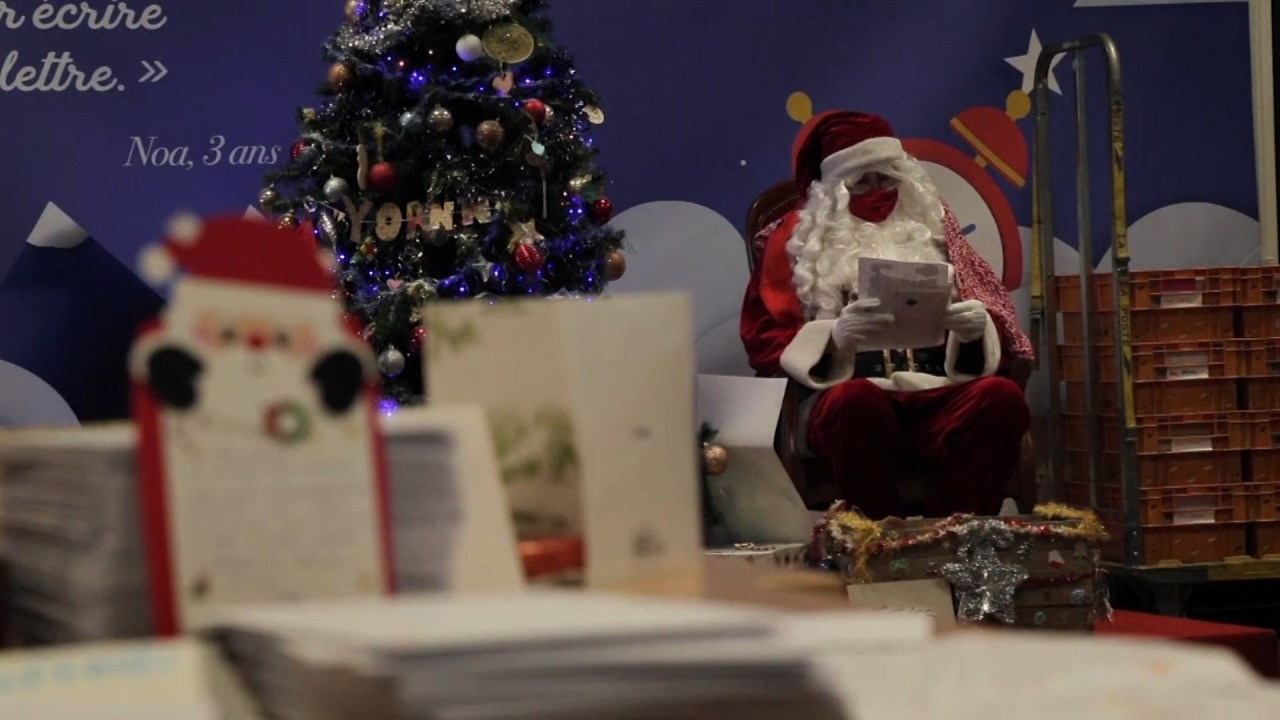
This Christmas, let’s practise the lessons of the coronavirus pandemic and strengthen the global community
- The sheer breadth of the impact of Covid-19 has created a shared experience and global bonds which should live on even after everyone has been immunised
While it is no secret that Christmas has been commercialised, it has also been secularised. Behind the food, festivities and fun is the fact that the festival brings together people who may not be of the Christian faith to celebrate and share.
This is the first Christmas in a long time when the environment around celebrations will be akin to the trials and tribulations Mary and Joseph faced as they prepared for the birth of their child. They were poor, alone and afraid, but there was also hope.
I am in no way romanticising the current socioeconomic crisis, nor am I giving it a religious hue. This Christmas is an opportunity to strengthen and foster what we have in common, which the pandemic has revitalised.

02:22
Covid-19 woes dominate messages from children writing to Santa say ‘elves’ at French post office
We have all been affected by the pandemic. Having spread across 215 countries and territories, infecting over 78 million and claiming more than 1.7 million lives, Covid-19 has pushed the global economy into recession.
We have emerged less harmed because of the help of others and the value we ourselves brought to the community, which we otherwise took for granted. As artists held impromptu concerts from their balconies, our voices escaped the isolation of our home to join others in song as we tried to find and give strength to each other. We watched hallowed stage performances online and enrolled in university courses, for free.

01:26
Italians in nationwide coronavirus lockdown sing together to boost morale
Disasters and festivals create short-term communities. But the sheer breadth of the impact of Covid-19 has created a global community which should live on even after everyone has been immunised.
I have hope for this community forged in the shared experience of the pandemic. Although people across the globe have much in common, we tend to make a virtue of and glorify difference.
Take religion. Hinduism, Islam and Christianity each claim primacy because of their differences, but they all have stories of a great flood as part of their mythology. The birth stories of the Hindu god Krishna, avatar of Vishnu, is comparable to that of Jesus Christ, son of god to Christians and a prophet for Muslims.
According to these narratives, Kamsa, the king of Mathura in India, and Herod the Great, king of Judea, were threatened by the birth of Krishna and Jesus respectively. Therefore, they both tried to have the babies killed. To protect the infant Krishna, his father exchanged him with another baby, while Mary and Joseph fled to Egypt with the baby Jesus.

Fasting is important to these three religions. Christians observe Lent, Muslims Ramadan, and Hindus have a variety of occasions to fast – for example, during the festivals of Navratri and Shivratri.

01:36
Pakistanis celebrate Christmas on streets amid second wave of Covid-19
One final way these religions resemble each other is the value and importance placed on charity. However, how we came to each other’s assistance to deal with Covid-19 had nothing to do with charity, but with a sense of empathy and the fact we have all been affected by the virus.
Believers emphasise the supremacy of their religion, which tends to supersede the building of a secular community based on the parallels between religions. But the experience of the pandemic will finally bind us into a community because our experience this year has been far more homogeneous than what is offered by religion.
So Christmas 2020 is an opportunity to look beyond concerns about commercialisation and see the festival as an opportunity to strengthen and further the bonds created this year. Instead of religion highlighting our differences, we have an occasion to practise what the pandemic has taught – the need for humanity and empathy in the everyday.
Samir Nazareth has worked in the development sector and writes on sociopolitical and environmental issues. He is the author of the travelogue, 1400 Bananas, 76 Towns & 1 Million People

